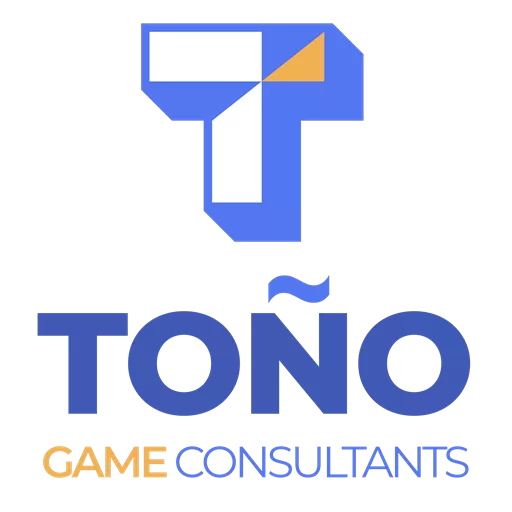Tim Sweeney, CEO of Epic Games, recently blamed developers, not Unreal Engine 5, for poor performance in shipped games. His point was blunt: “The main cause is the order of development. Many studios build for top-tier hardware first and leave optimization and low-spec testing for the end. Ideally, optimization should begin early, before full content build-out.”
He’s right. Unreal, Unity, Godot, modern engines lower the bar for entry, but they don’t guarantee performance, stability, or shippability. The responsibility lies with the developers and the technical leadership guiding them.
Engines Don’t Save Projects, Expertise Does
Engines give you the tools to start building a game, lighting systems, asset workflows, physics, networking, and more. For some projects, those built-in features may be enough. But most games eventually push beyond the defaults.
That’s where technical expertise becomes critical. Experienced developers know how to adapt, extend, or optimize what the engine offers so the project can actually reach the finish line. Without that expertise, teams fall into two recurring traps:
-
Optimization left too late. Testing only at the end, discovering performance issues across target machines when it’s far too late to fix.
-
Systems misunderstood. Features may work in isolation, but combined, physics, networking, gameplay, audio, they can overwhelm an engine or break workflows.
That’s why the second milestone for any project is engine proof, proving your chosen tech can handle your vision not just in parts, but as a complete system.
Real Stories, Real Failures
I’ve seen what happens when technical gaps go unchecked:
-
AAA, wasted years. Hundreds of developers worked for 3–4 years only to find their engine couldn’t support core systems. The project restarted, costing another 2–3 years. By launch, competitors had already dominated the genre. Despite being first with the idea, they were last to market, and the game shut down within months.
-
AA, chasing shiny features. A studio enabled a beta physics system simply because a famous AAA game used it. It wasn’t stable. Months of work collapsed into a shrug and a “just disable it.” The studio didn’t survive long enough to see the fallout.
-
AA, poor planning. A non-technical producer dropped three massive “XXL” stories into the backlog. Six weeks later, zero visible progress. When I broke them down properly, it was 8 months of work on top of the 6 already spent. Nobody liked the truth. I was laid off, but two years later, the shipped product still looks incomplete.
These aren’t outliers. They’re symptoms of teams building without technical expertise.
Is your game really engine-proof?
Most teams don’t realize they’re heading toward optimization hell or system clashes until it’s too late. The good news? You can test that risk early.
Take the Game Tech Check Quiz to see if your engine, systems, and practices are strong enough to carry your vision all the way to launch.
Every Game That Ships Is a Miracle
Game development isn’t just code. It’s art, design, acoustics, animation, and systems, all stitched together into a playable whole. Making that happen is always a miracle.
But miracles don’t happen by accident. They happen through careful scope setting, story mapping, realistic time estimation, and relentless avoidance of the death spiral.
Optimization isn’t a last step, it’s a thread woven through the entire process. The same goes for system integration: networking, physics, gameplay, and rendering must be aligned from day one.
Why Development Teams Should Care
If you’re a small or mid-sized development team looking for funding, publishers, angels, and VCs will all ask the same thing: is this game technically feasible?
Without someone in the room who can answer that, you’re a risk. Your great design, your pitch deck, your prototype, they won’t outweigh doubts about whether you can actually ship.
That’s why technical expertise isn’t a “nice to have.” It’s survival.
So What’s the Next Step?
Sometimes that expertise comes in the form of a Fractional CTO, a senior technical leader guiding decisions, pipelines, and optimization strategy. Sometimes it comes from a Technical Producer, a coordinator who understands enough of the tech to break down tasks, unblock engineers, and keep the team focused.
Which you need depends on your size, your scope, and your funding. In my next articles, I’ll explore both options. For now, the takeaway is simple: without technical expertise, you’re not just building a game. You’re building a gamble.
FAQ
Why is technical expertise important in game development?
Because engines like Unreal, Unity, or Godot provide tools, but don’t guarantee performance or feasibility. Expertise ensures systems (physics, networking, gameplay, rendering) work together and the game can actually ship.
What happens if a team lacks technical expertise?
Projects risk delays, poor optimization, or even cancellation. Without technical leadership, teams often overcommit to features, misjudge scope, or run into engine limitations too late.
Do small development teams need a CTO?
Not always. Smaller teams may benefit from a Fractional CTO or Technical Producer who provides guidance without the cost of a full-time executive.



